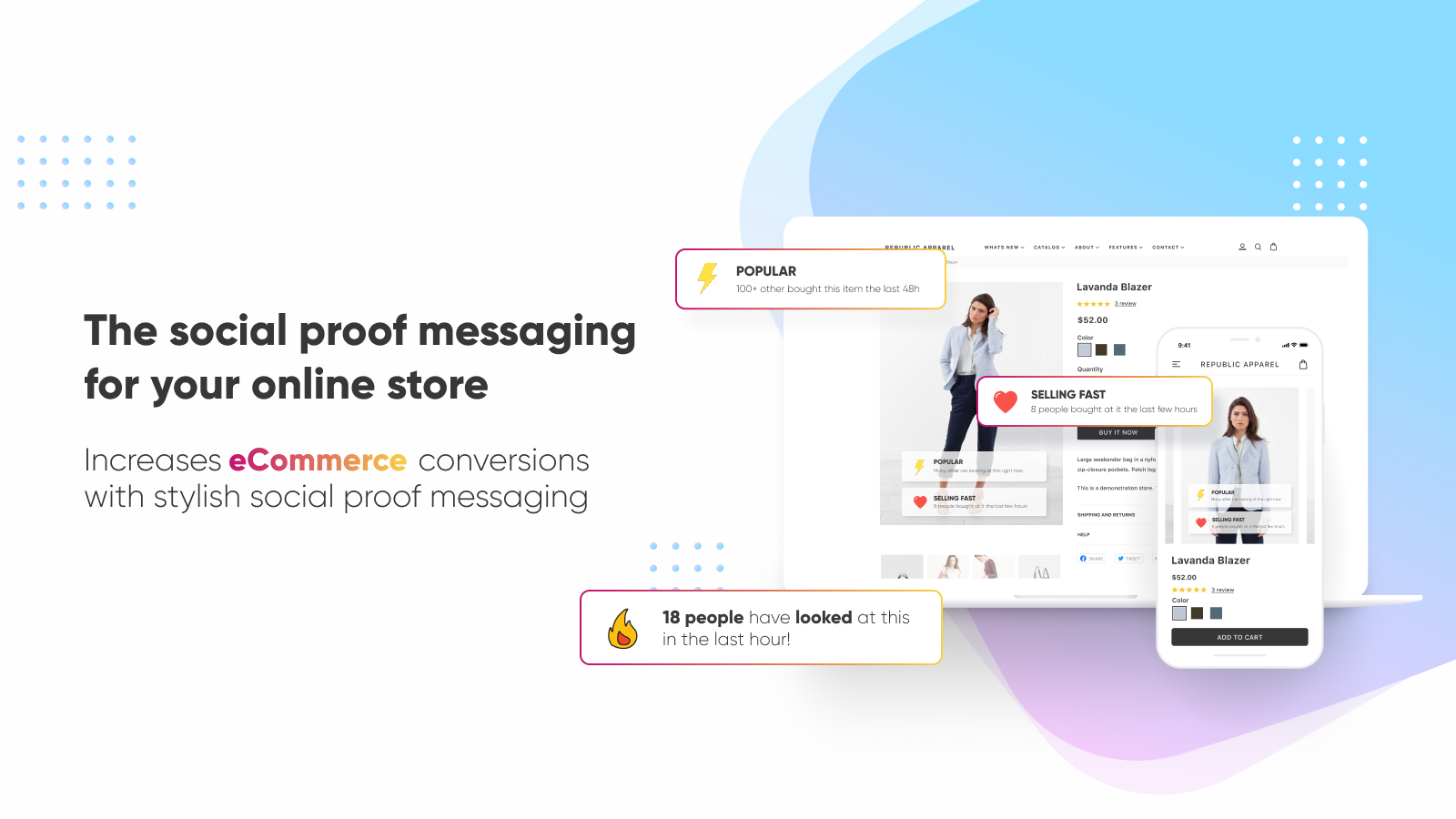Cart abandonment is a term used in eCommerce to describe the situation when customers add products to their online carts or even begin the checkout process but leave the site before finishing their purchase. Many customers who visit your dropshipping store abandon their carts before finishing their purchase. The average abandonment rate is 68%, based on data compiled from 33 different shopping cart abandonment studies. Cart abandonment is one of the most crucial problems for dropshipping businesses to overcome. Imagine all the traffic your drive to your store by advertising, SEO, content marketing, social media marketing, or design an attractive site was waste in the buying process. There are many simple things you can do to keep your abandoned cart rates down.
1.Offer Multiple Payment Options
There is data that 56% of online customers prefer to see a variety of payment options at the checkout. It is important to know about the payment gateway and your buyer persona to choose from various popular payment options. The basic cards include Visa, Mastercard, American Express, PayPal, etc. And mobile payment systems such as Apple Pay and Google Pay are becoming increasingly popular, particularly among young generations. Try to offer as many payment options as possible for customers to choose from.
2.Build Trust in the Buying Process
Trust is really important when customers make a purchase on your dropshipping store. And customers hand over their personal and financial information for trust and want more reassurance on data security. Many customers abandon their carts because trust batches were missing. Make sure you show the trust batches that are recognizable and commonplace, such as Verisign, PayPal Verified, etc well-known security logos. Besides, don't forget to have a valid SSL certificate. If it's out of date or improperly installed, your customers will see a warning message in their browser that the connection may not be secure.
3.Optimize Your Page Load Times
There is data from Visual Website Optimizer that eCommerce shopping cart conversion rates drop 7% for every one-second delay in your page loading. Thus it is necessary to optimize your page's load times and try to make it as fast as possible. For example, your checkout pages should be as optimized as possible. Try to avoid the situation that its slow load begs impatient customers to take their shopping elsewhere. In addition, your images should balance quality and speed. And you can also limit the use of ad network trackers, poorly implemented tags, social plugins, and others to optimize your page's load times.
.png)
4.Reduce Shipping Price Shock
Many customers abandon their shopping carts because of expensive shipping costs. Make sure your shipping costs are transparent while the customer is browsing through your products. Set a reasonable shipping rate for your store and offer free shipping are both great choices. And free shipping is not really "free." Add shipping costs to the product's price and use free shipping as one of the main selling points. Offering free shipping is one of the highest-recommended eCommerce marketing strategies. Customers may add more items to their shopping cart for free shipping and more tend to accept a slower shipping choice.
5.Reinforce the Benefits Throughout Checkout
It would help if you reinforced the benefits throughout checkout to motivate your customers' desire to purchase. The benefits throughout checkout also optimize the customer experience. If you use "You're purchasing this…" instead of "Order Summary" above the product image at the checkout, you'll reinforce customers' decision to buy and subtly impacts their perception of ownership. And you can show the free shipping message throughout checkout.
START & SCALE YOUR BUSINESS WITH CJDROPSHIPPING
6.Make Navigation from Shop to Cart Convenient
Many customers abandon carts because of overly complicated navigation. The more comfortable you make navigation, the more likely customers will stick with it and check out. There are a few ways that can help you make navigation easier. Identify the drop-offs from the customer flow report and fix them. Create a seamless shopping experience for your customers. Don't make them click the page back forward after adding a product to the cart. Keep the cart visible on every page so customers can quickly return to the shopping cart to complete the checkout at their convenience.
7.Use Cart Abandonment Emails
You can use cart abandonment emails when customers leave the website without finishing their purchase. And you can use a series of more than one email to follow up with customers until the cart is recovered persistently. Many customers abandon their cart unintentionally due to external incidents such as site crashes, slow load speed, or site timeout. In these situations, cart abandonment emails are useful because they remind and lead customers back to the site to finish their purchases. You can also offer a discount or free shipping code as an incentive to the customers who abandon their carts.
8.Add Social Proof
Social proof showcases how your products have helped others alleviate the concern that they may regret buying the products. You can add social proof to your store in different ways. Follow up with customers and ask them to write a product review. Feature reviews on product pages and list testimonials on other landing pages of your site. Add applications to import customer reviews with pictures to show customers who else is purchasing your products and it actually look-like.

START & SCALE YOUR BUSINESS WITH CJDROPSHIPPING
9.Use Remarketing
Some cart abandonment situations can't be prevented, but you can use the remarketing technique to retarget cookie visitors who previously visited your website with ad services. Retargeting helps you increase your brand awareness and convert visitors into paying customers. And doing social retargeting on social media platforms like Facebook, Twitter, Pinterest generates better engagement and results because people can like, share, and discuss the ads post. Present dynamic ads to those customers who abandon carts based on the products they viewed to try and win them back.
10.Identify Leaks In Your Funnel
It is necessary to draw out an as detailed conversion funnel from traffic to successful payment to have a clear picture of the process and identify leaks. You can examine the visitor flow and conversion pathways in Google Analytics to identify leaks in your conversion funnel. This can show you bottlenecks on product pages and the points where your traffic is dropping off before making it to the cart. Then you can target those pages to see what improvements need to be made to improve the user experience.

